Furniture & Furnishing Trends 2016
As we move towards 2016, it is time to look at the furniture and furnishing design trends that are set to change the market next year. By Jackie Wong
If the past few years have been a return to natural materials, at least on the surface, the trend is set to continue next year, but with more variation in terms of colours and patterns.
We have seen décor papers for furniture and flooring that resemble natural materials such as marble and aluminium in the market over the last couple of years, but it seems like consumers have moved from cold, industrial design, to warmer wooden patterns in different hues.
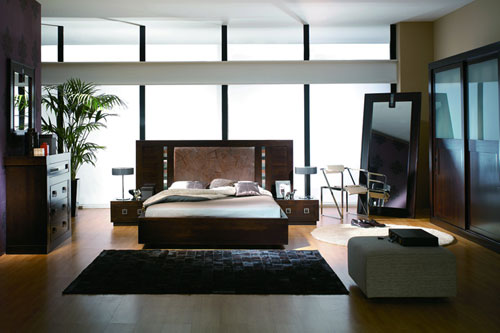
Beyond just the natural wooden texture and patterns, there is a greater focus on shades at the two ends of the spectrum, from light grey or ash white, to strong colours like dark mahogany or black. In place of smooth, perfectly straightened patterns are slightly unpolished design that gives the sensation of ‘history’ or ‘use’, further enhancing the feeling of familiarity.
There will be a lot of play in terms of colour, prominently with the contrast of gentle and strong colours to increase visual depth, something that is particularly important for the confined living space of Asia. Instead of a monotonous palette that leaves very little dimension to the room, there will be more interaction of colours, texture and patterns, often in very contrasting ways.
Expect the harmony of a gentle, warm coloured room to be broken by brightly coloured drapes to bring a sense of life. The exchange will be bolder and more energetic, as compared to the more minimalist approach in the past.
Now that it is possible to create furniture pieces of different shapes and colour hues to create more personality compared to traditional mass produced pieces, there are more revenues to be more playful and inventive, without appearing to loud or disruptive.
As for furniture, there will be more emphasis on multiple functionality in more confined space. A sofa squeezed next to a window must service as storage space, or a dress table when necessary.
However, simplicity has not lost its flavour as overly complicated design will make the already small space appear even more clustered. That will be a key challenge for furniture design—creating simple furniture pieces that can fulfil different functions in limited space.
Overall, there will be increased focus on playful colour contrast, enhanced by imaginative furniture designs that are equally strong in terms of functionality.(fdmasia)
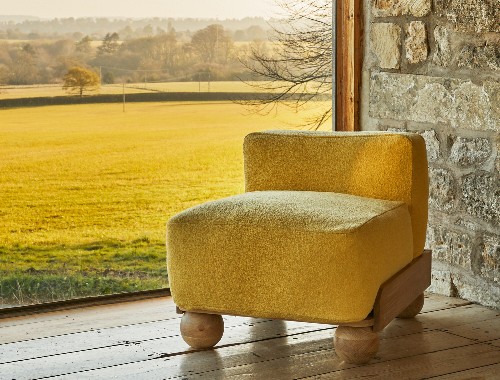
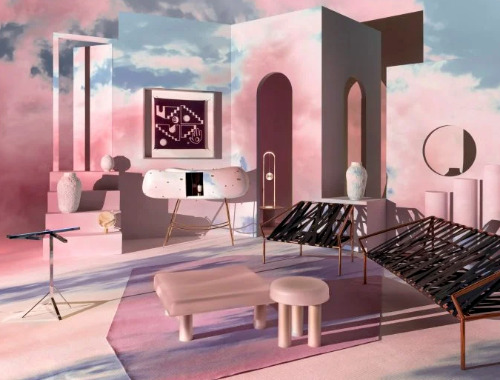
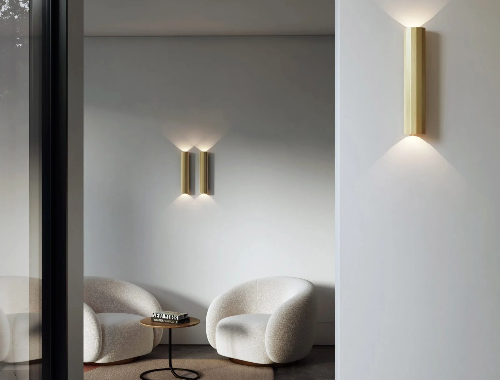
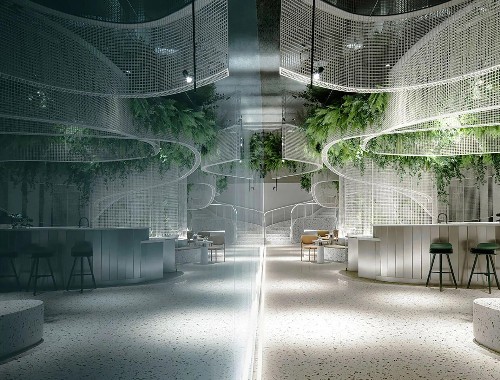

 沪公网安备31010402003309号
沪公网安备31010402003309号



